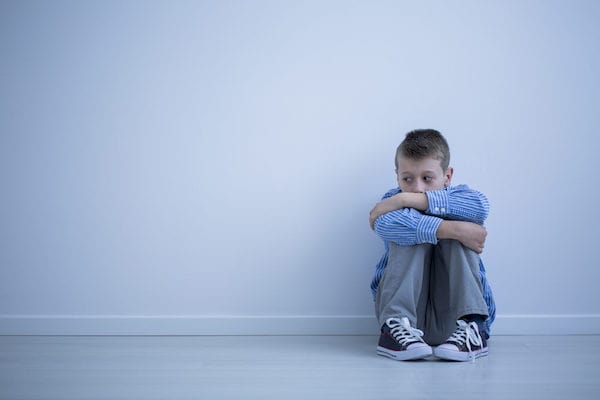Did you know that children make up about 22% of our population?
Children are our future, and they bring joy to our lives. They’re new to life and require as much of our love and help as we can give them as they grow. Unfortunately, this means that negative influences in their development can have far-reaching effects.
Stress and anxiety are a staple of most adult lives, but these things can affect children much more. The effects of stress can lead to childhood developmental issues.
In this guide, we’ll discuss how stress and anxiety can affect your child. Then you’ll be equipped to reduce these stressors and get your little ones in for childhood care.
Table of Contents
1. Stress and Anxiety Create Avoidance
Children can suffer stress and anxiety in a number of ways:
- Conflict with siblings and parents
- Discomfort in the home
- Difficulty at school
Whatever the reason for a child’s anxiety, it can lead to feelings of helplessness and overwhelm. Oftentimes children with anxiety are trying to cope in whatever way they know how, and sometimes those coping skills aren’t healthy. Avoidance manifests in many different ways. It may appear as procrastination when it comes to chores or homework assignments, or avoiding social situations at school.
These coping mechanisms can linger for life and make a child’s adulthood difficult. It’s important to recognize avoidance when it appears and replace it with healthier coping mechanisms.
2. They Affect the Memory
One of the most important things for a child is learning. They need to be in school and get an education from astute teachers. But when there is stress and anxiety in their lives, this makes it difficult for them to concentrate and focus, which impacts learning.
Anxiety makes it more difficult to retain and process information. Anxiety has a child on “high alert” where their brain cannot devote resources to anything else. This can impede their learning, leading to long-lasting effects like low self esteem.
Social anxiety can make them withdraw from learning activities, further harming information acquisition. In short, no matter what type of anxiety, it can hamper effective learning.
3. They Affect Sleep and Mood
Sleep is crucial to everyone, especially children. Children need much more sleep than adults during these incredibly formative years. Unfortunately, stress can affect their ability to sleep as well.
Anxiety is one of the biggest causes of sleep disruption. When you go to bed with a lot of worried thoughts and feelings, it makes it near impossible to go to sleep. The same happens for your children.
A child’s mood worsens the more stress and anxiety they suffer. They may not act like themselves, becoming less active and less excited about life.
Find a Psychological Assessment and Therapy
Stress and anxiety can difficult for anyone, but they weigh more heavily on children. Children may develop coping mechanisms that negatively impact them long term, so it’s important to identify these issues and provide support as soon as possible
Looking for a child psychologist that can help to deal with these things? Relucent Psych Group is here to help. Get in contact and schedule a free consultation for child therapy.


